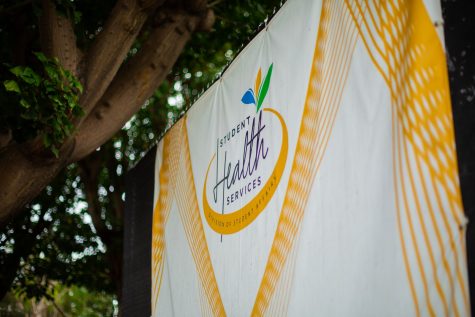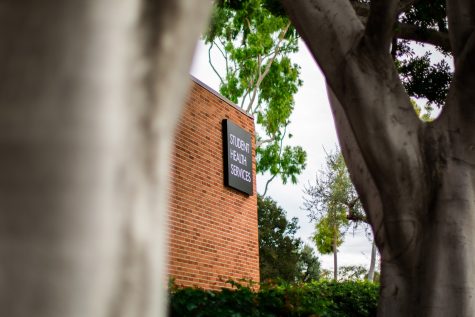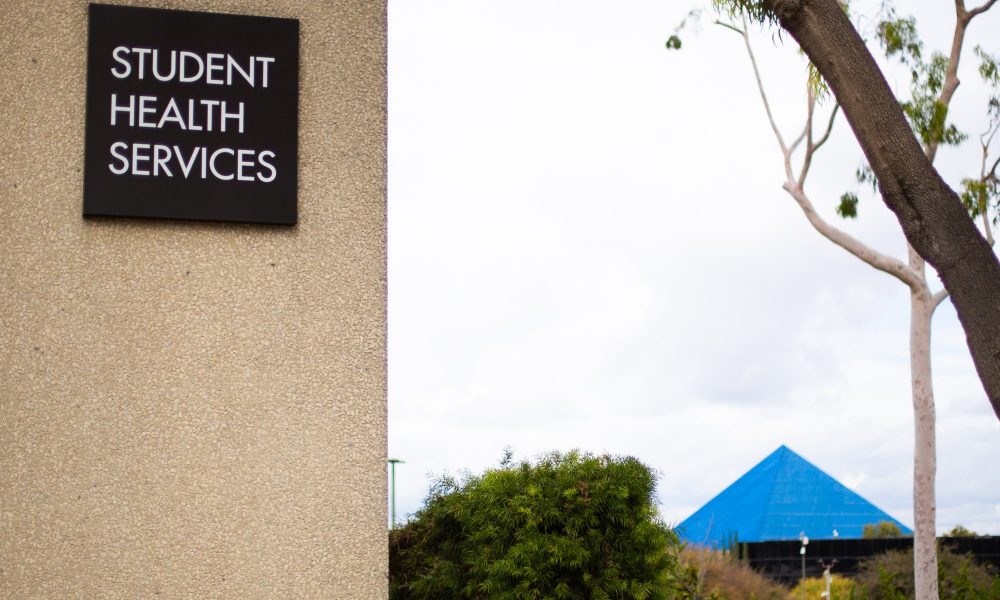Long Beach State will begin offering medical abortion, or abortion by medication commonly referred to as the abortion pill, at Student Health Services starting in January 2023.
In 2019 Gov. Gavin Newsom approved Senate Bill 24 which mandated all CSU and UC campuses to offer abortion medication at campus student health care service clinics by Jan. 1, 2023.
CSU is working to make sure all campuses will provide abortion access in compliance with Senate Bill 24. The Bill states that public universities should make abortion as accessible and cost effective for students as possible.

Prior to this bill coming into effect, CSULB students were given pregnancy counseling at Student Health Services, where they were guided to off-campus abortion resources. Now students will be able to receive a prescription for the abortion pill from Student Health Services after meeting with a physician.
“If a woman is within the first 10 weeks of a pregnancy, this is an option for her,” said Dr. Carolyn O’Keefe, the CSU systemwide director of Student Wellness and Basic Needs.
Doctors’ appointments, either telehealth or in person, will be covered by the student health fee which is included with tuition. The abortion pills themselves will be provided to students at cost, which has yet to be announced. These appointments will all be available through Student Health Services.
“The provider that sees the patient needs to ask questions to determine the stage of the pregnancy to determine if the person is an appropriate candidate for this type of intervention,” O’Keefe said. “After the procedure is completed there would be a follow up just to ensure that everything went as planned, that the patient is well and not having any residual effects.”

Abortion access has been in the spotlight this year after Roe V. Wade was overturned in June. Although abortion remains legal in California, many feel that the overturn of Roe V. Wade has been a threat to reproductive freedom across the country.
“I am profoundly saddened and deeply concerned about the impact this decision will have, not only on people’s ability to make informed decisions about their personal health, but on their agency to pursue educational and occupational opportunities,” said Jolene Koester, CSU’s interim chancellor, in a statement shortly after the decision.
O’Keefe said that the CSU has taken into account the complexity of offering abortion services to out of state students. In the situation where a student is from a state with restricted abortion access, the student is advised to “check with the legal counsel on their campus just to be sure that they are proceeding within the legal frame of offering this service,” O’Keefe said.
Access to abortion pills will help students take charge of their reproductive health. Many feel that having access to abortion can be lifesaving and should not have such a stigma attached to it.
“We need to have more trust that these young, educated women will make safe choices and if whenever they are in need of the abortion pill,” said Raquel Lozano, a California State University, Monterey Bay student and former Planned Parenthood employee. “They should not have to go to great lengths to acquire the pill.”
Lozano said the idea that abortion is “taking the easy way out” couldn’t be further from the truth.
“[Women] go through a rollercoaster ride of emotions and still have the courage to come into the clinic. After seeing a number of abortions, in no way would I describe abortion as ‘easy’,” Lozano said.




